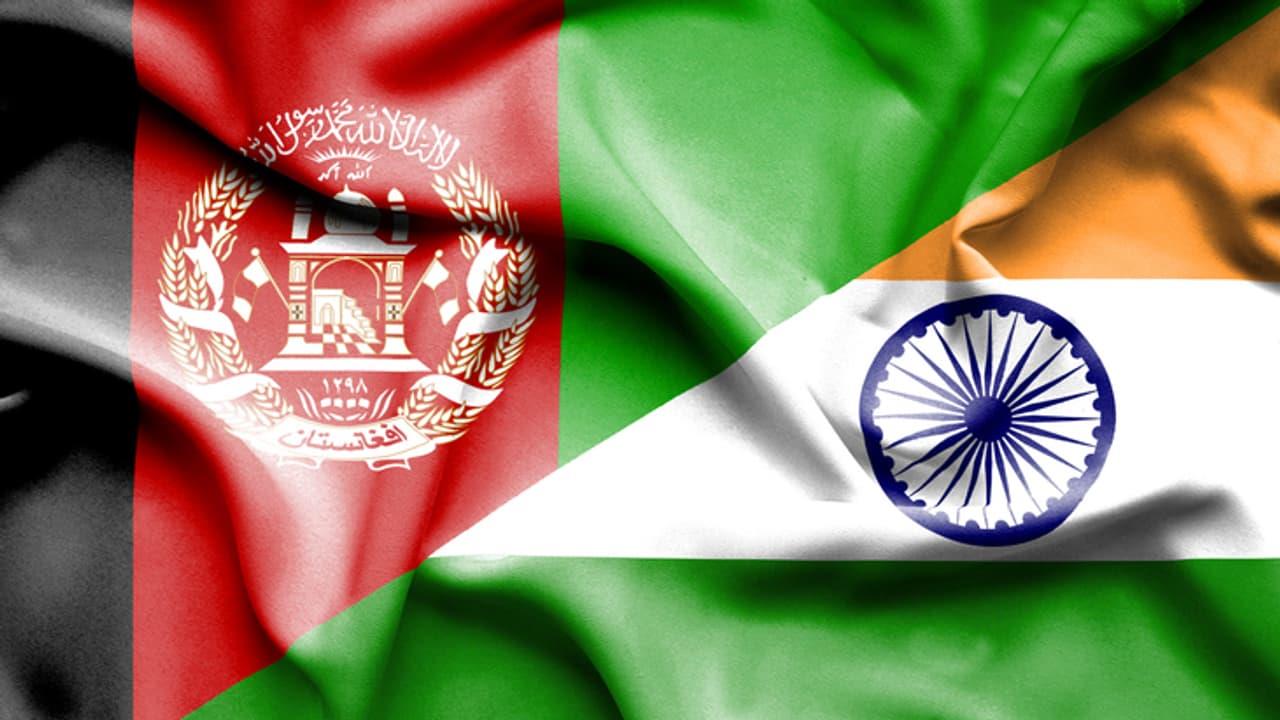Explained: How Taliban Foreign Minister's Anticipated Visit Could Redefine India's Afghanistan Policy And Regional Geopolitics
Taliban Foreign Minister Amir Khan Muttaqi is expected to visit India in the coming weeks, though the dates are yet to be finalized. If confirmed, New Delhi will need to seek clearance from the United Nations Security Council due to sanctions imposed on Taliban leaders, including Muttaqi, by the UNSC 1988 committee.
The anticipated visit would represent a major shift in India's position, marking the first time a senior Taliban minister could officially travel to New Delhi since the group regained control of Kabul in August 2021.
India historically maintained an anti-Taliban stance, opposing the group since the 1990s and backing the Northern Alliance alongside Russia and Iran during the Taliban's first rule from 1996 to 2001. After the U.S. invasion toppled the regime in October 2001, New Delhi supported Afghanistan's reconstruction, focusing on development projects and humanitarian aid for two decades.
The Taliban takeover of Kabul in 2021 disrupted India's Afghan strategy, but New Delhi gradually re-established limited engagement. A make-shift team was deployed to the Kabul embassy in June 2022, and formal diplomatic contacts followed. In January 2025, Foreign Secretary Vikram Misri met Muttaqi in Dubai in talks reportedly facilitated by the United Arab Emirates.
Later, External Affairs Minister S. Jaishankar held a phone call with Muttaqi, shortly after border clashes between India and Pakistan, signaling a broader opening. Muttaqi's potential arrival in New Delhi would underline how India is recalibrating its regional approach in light of shifting dynamics.
Pakistan, China, and the Regional Equation
For decades, the Taliban were seen as aligned with Pakistan. However, relations strained after the Taliban refused to act against the Tehreek-e-Taliban Pakistan (TTP), which has escalated attacks inside Pakistan since 2021. This created space for India to adjust its stance.
Meanwhile, Pakistan has maintained ties with the Taliban, backed by Beijing's growing role. A trilateral meeting in Kabul on August 20 brought together the foreign ministers of China, Pakistan, and Afghanistan. At the meeting, the three sides agreed to extend the China-Pakistan Economic Corridor (CPEC) into Afghanistan, formally connecting Kabul to Beijing's Belt and Road Initiative.
For India, this move is alarming since CPEC passes through Pakistan-occupied Jammu and Kashmir. This leaves India with strategic incentive to expand its own engagement with the Taliban as a counterbalance.
Chabahar Port and India's Access to Central Asia
Another factor driving engagement is India's limited access to Central Asia, which currently depends heavily on Pakistan. A potential solution is linking Afghanistan to Iran's Chabahar port, where India signed a ten-year lease with Tehran in 2024.
During the January meeting in Dubai, Indian officials and Muttaqi reportedly discussed granting Afghanistan access to Chabahar. If confirmed during his anticipated New Delhi trip, it could represent a major diplomatic win for the Taliban, giving them much-needed economic breathing space, while offering India alternative regional connectivity.
While India sees opportunity in building ties with the Taliban, it remains cautious about security risks. New Delhi would prefer the Taliban prevent any terror threats to Indian soil originating from Afghanistan. Yet doubts persist over whether Kabul's rulers can or will act decisively against groups such as al-Qaida in the Indian Subcontinent (AQIS).
At the same time, the Taliban considers Islamic State Khorasan Province (ISKP) a sworn enemy, opening the possibility of limited cooperation with India against this group. Whether such coordination can move beyond rhetoric remains uncertain.
India's engagement with the Taliban reflects an acceptance of new regional realities. Avoiding Afghanistan risks sidelining Indian interests at a time when China and Pakistan are consolidating influence. For the Taliban, closer ties with India would bolster their search for recognition and provide diplomatic leverage amid international isolation.
If Muttaqi's anticipated visit goes ahead, it could mark a turning point in South Asia's geopolitical landscape, with New Delhi signaling its readiness to adapt strategy for long-term regional stakes.
Legal Disclaimer:
MENAFN provides the
information “as is” without warranty of any kind. We do not accept
any responsibility or liability for the accuracy, content, images,
videos, licenses, completeness, legality, or reliability of the information
contained in this article. If you have any complaints or copyright
issues related to this article, kindly contact the provider above.
Most popular stories
Market Research

- Microgrid Market Growth, Key Trends & Future Forecast 2033
- Nickel Market Estimated To Exceed USD 55.5 Billion By 2033
- Primexbt Launches Empowering Traders To Succeed Campaign, Leading A New Era Of Trading
- Chaingpt Pad Unveils Buzz System: Turning Social Hype Into Token Allocation
- Ecosync & Carboncore Launch Full Stages Refi Infrastructure Linking Carbon Credits With Web3
- Japan Halal Food Market Size To Surpass USD 323.6 Billion By 2033 With A CAGR Of 8.1%






















Comments
No comment